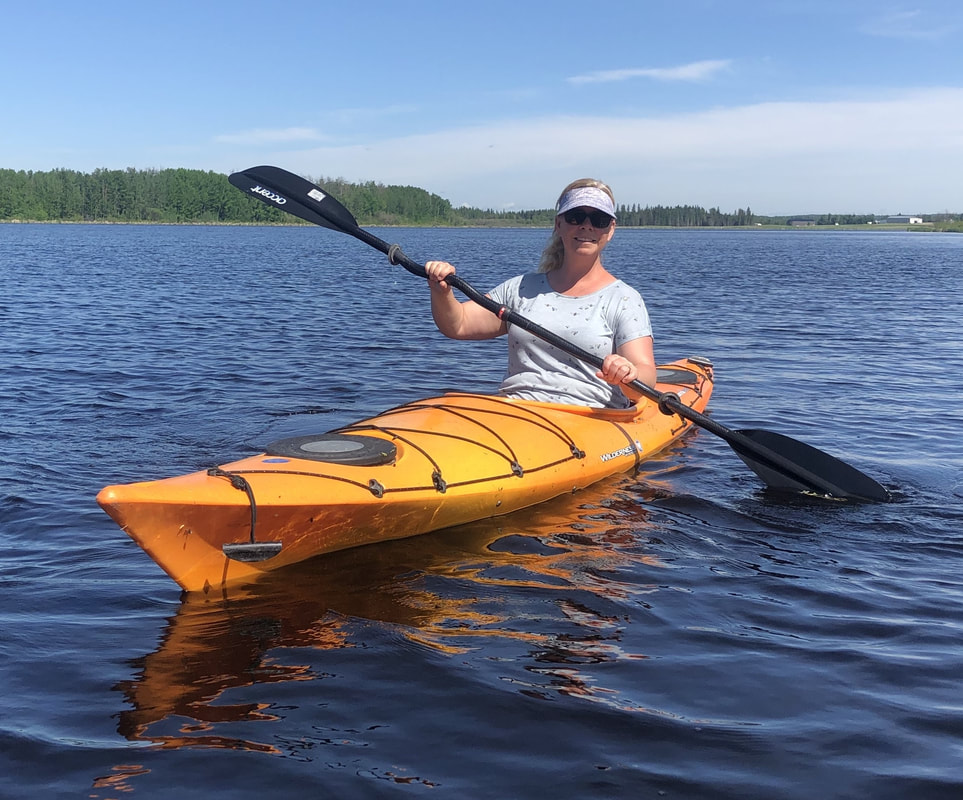I see ecohydrology as the dynamic and reciprocal interplay between hydrological processes and ecological and biotic patterns and processes. I study wetlands, especially beaver impacts to them, and think it is tough to try and understand these important ecosystems without considering the interlinkages among hydrological, ecological and biogeochemical processes. I think it is imperative that we view ecohydrology as a field that embraces a variety of perspectives and methods. As I wrote in an Ecohydrology Bearings article several years ago, if the field becomes drawn to specific limited crossovers between its parent disciplines, it will limit the development of transformative insights into the structure and function of our environment.
What are your undergraduate and graduate degrees in?
It was the intersection of hydrology and ecology – what’s now ecohydrology – that caught my interest, and so I sought training in both fields. I hold an honours BSc in Environmental Science from University of Toronto, a MSc in Environmental Biology and Ecology from University of Alberta and a PhD from Colorado State University. My PhD was in the Graduate Degree Program in Ecology but I also completed all the requirements for their Watershed Science program.
How did you arrive at working in/thinking about ecohydrology?
Even as a young girl I was fascinated by water - a common answer for LEAFs it seems! I’d go for long bike rides as a teen into nearby rural areas where I spent hours hanging out beside streams and wetlands, or on the shore of lakes. But it wasn’t until the start of my undergraduate degree that I really started to understand how to bring my love of nature and water together. It was the first day of my second year physical geography class that my path was set. Up at the front of the classroom was Kevin Devito – a dynamic, passionate professor wearing shorts, birkenstocks and a short sleeved shirt covered in fish at a university where most professors wore suits. He taught me (and the other couple hundred people in the class) about hydrological processes, environmental change and the impact on ecological processes. I was hooked, and learned a great deal from him throughout the rest of my undergraduate degree and in my master’s degree.
What do you see as an important emerging area of ecohydrology?
I think one important emerging area is the intersection of ecohydrology and land use planning. Ecohydrology is critical in ensuring water security and conservation of biodiversity. Thus, it is fundamental for holistically managing landscapes, and guiding their sustainable development.
Do you have a favorite ecohydrology paper? Describe/explain.
This is a tough question – there are so many really exciting and thought provoking ecohydrology papers. One touchstone for me is the Waddington et al. (2015) paper titled ‘Hydrological feedbacks in northern peatlands’, published in Ecohydrology. What I like about this paper is how it effectively synthesizes a wide range of complex feedbacks that together regulate wetland hydrological processes at various time scales. I also like that it sparks me to think about various fauna and how they might regulate or re-shape the complex feedbacks described.
What do you do for fun (apart from ecohydrology)?
My favorite thing to do is spent time with my kids and husband at the family cabin up on the Canadian Shield, canoeing, blueberry picking, fishing, swimming and watching sunsets. It is important to me to instill a love of nature in my daughters. At home, I have a big garden and tending it brings me much joy. Winters here are long, making it a good time to write and cross-country ski.

 RSS Feed
RSS Feed